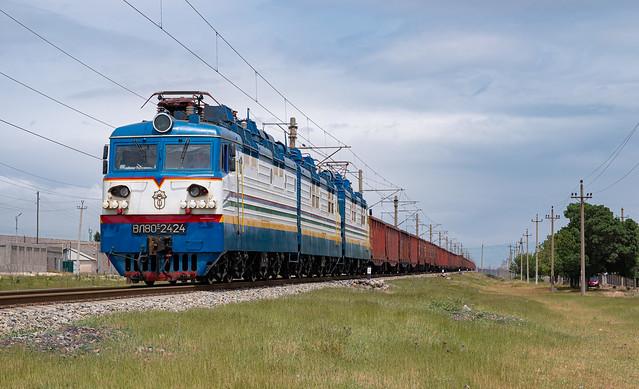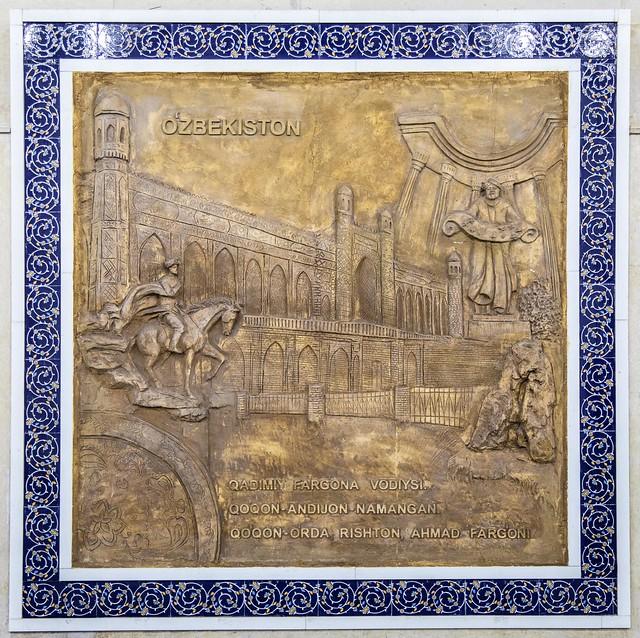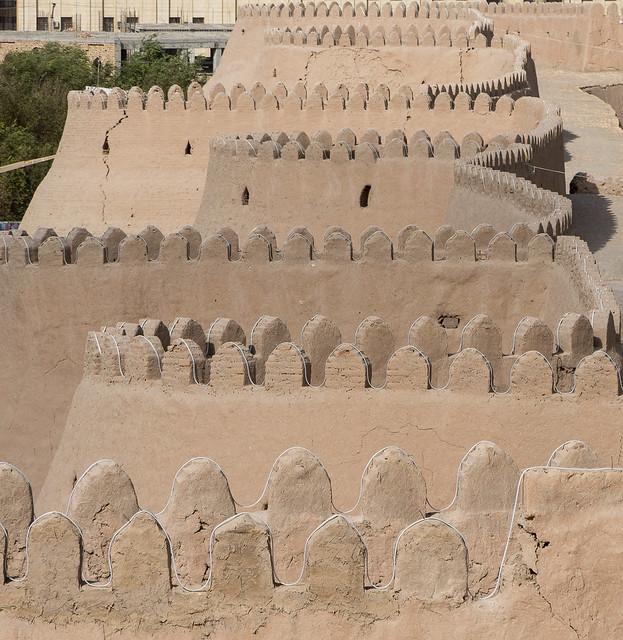
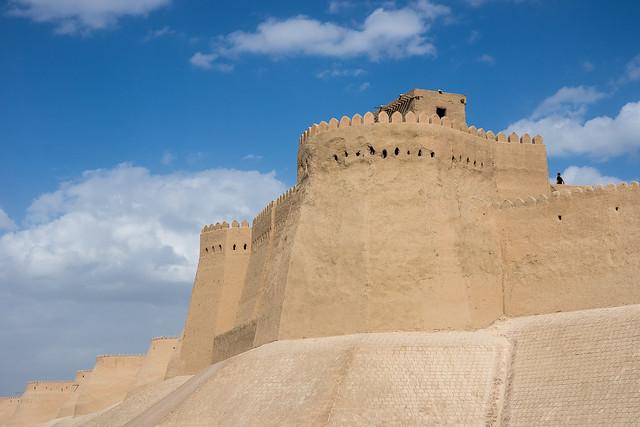
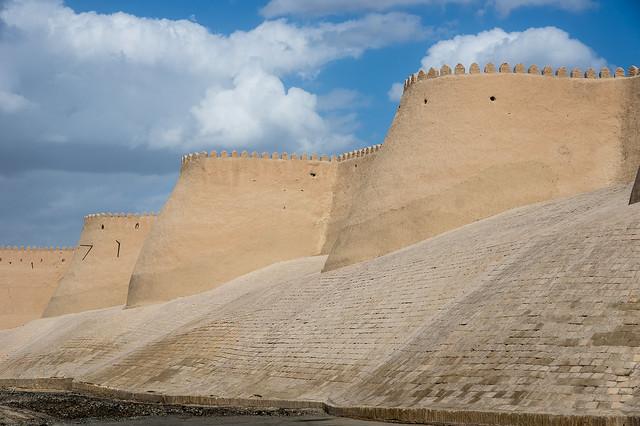
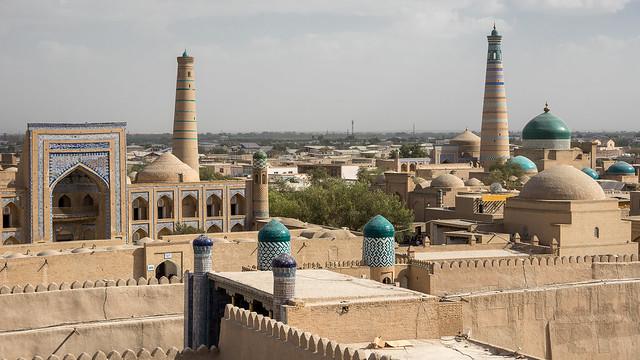
Khiwa
Overview
Historical Significance
Khiwa, often referred to as the "Museum City," is a UNESCO World Heritage Site that boasts an impressive collection of well-preserved Islamic architecture. This ancient city, once a vital stop on the Silk Road, flourished as a hub of trade and culture between East and West. Established in the 6th century, Khiwa served as the capital of the Khorezmshah dynasty, and its rich history is reflected in the myriad of stunning monuments that dot the landscape. The city’s walls, built in the 17th century, encapsulate a labyrinth of alleys and courtyards that tell the tales of its bygone glory.
Architectural Wonders
As you wander through Khiwa, you will encounter an array of architectural marvels that exemplify the artistry of the Khorezm region. The majestic Itchan Kala, the inner town, is a treasure trove of historical buildings, including the impressive Kalta Minor Minaret, which stands as a symbol of the city. Visitors are often captivated by the intricate tilework of the Juma Mosque, adorned with beautiful wooden pillars that date back to the 10th century. The Palace of Tash Khauli offers a glimpse into the lavish lifestyle of Khorezm's former rulers, featuring ornate courtyards and exquisite carvings. Each structure is a testament to the architectural innovation and religious devotion that characterized the region.
Vibrant Culture
Khiwa is not only a historical gem but also a living testament to Uzbek culture. The atmosphere of the city is vibrant and welcoming, with locals displaying their hospitality and warmth toward visitors. Traditional crafts thrive here, and you can find artisans weaving intricate silk carpets and producing stunning ceramics that reflect the city’s artistic heritage. The bustling local bazaars are a sensory delight, filled with the aroma of spices, the vibrant colors of fresh produce, and the sounds of lively bargaining. Savoring traditional dishes like plov (rice pilaf) or shashlik (grilled meat skewers) at a local eatery is an essential part of experiencing the rich culinary landscape.
Local Characteristics
The atmosphere of Khiwa is steeped in a mix of ancient tradition and contemporary life. The city operates at a slower pace, allowing travelers to immerse themselves in its unique charm. As you stroll the narrow streets, you’ll likely encounter locals engaged in their daily routines, from women dressed in colorful national attire to children playing in the dusty lanes. The sound of the dutor (a traditional string instrument) may accompany your explorations, as musicians often perform in public spaces, inviting you to join in the celebration of their culture.
Festivals and Events
Khiwa also hosts various cultural festivals that showcase its rich heritage. The annual Silk and Spices Festival is a highlight, drawing visitors from around the globe to celebrate the local crafts and culinary delights. During these events, you can participate in workshops, watch traditional performances, and interact with artisans, providing an enriching experience that connects you to the heart of Uzbek culture.
In summary, Khiwa presents a captivating blend of history, culture, and local charm. It invites travelers to step back in time while enjoying the vibrant spirit of Uzbekistan. Whether you’re exploring ancient monuments, indulging in local cuisine, or engaging with the friendly inhabitants, Khiwa promises an unforgettable journey into the soul of Central Asia.
Other towns or cities you may like in Uzbekistan
Explore other cities that share similar charm and attractions.



